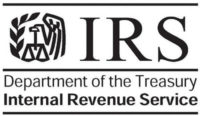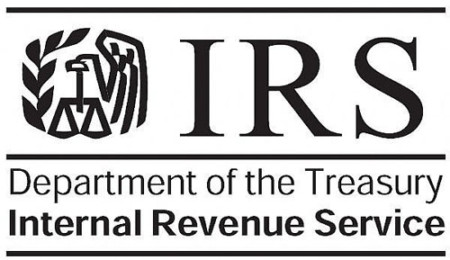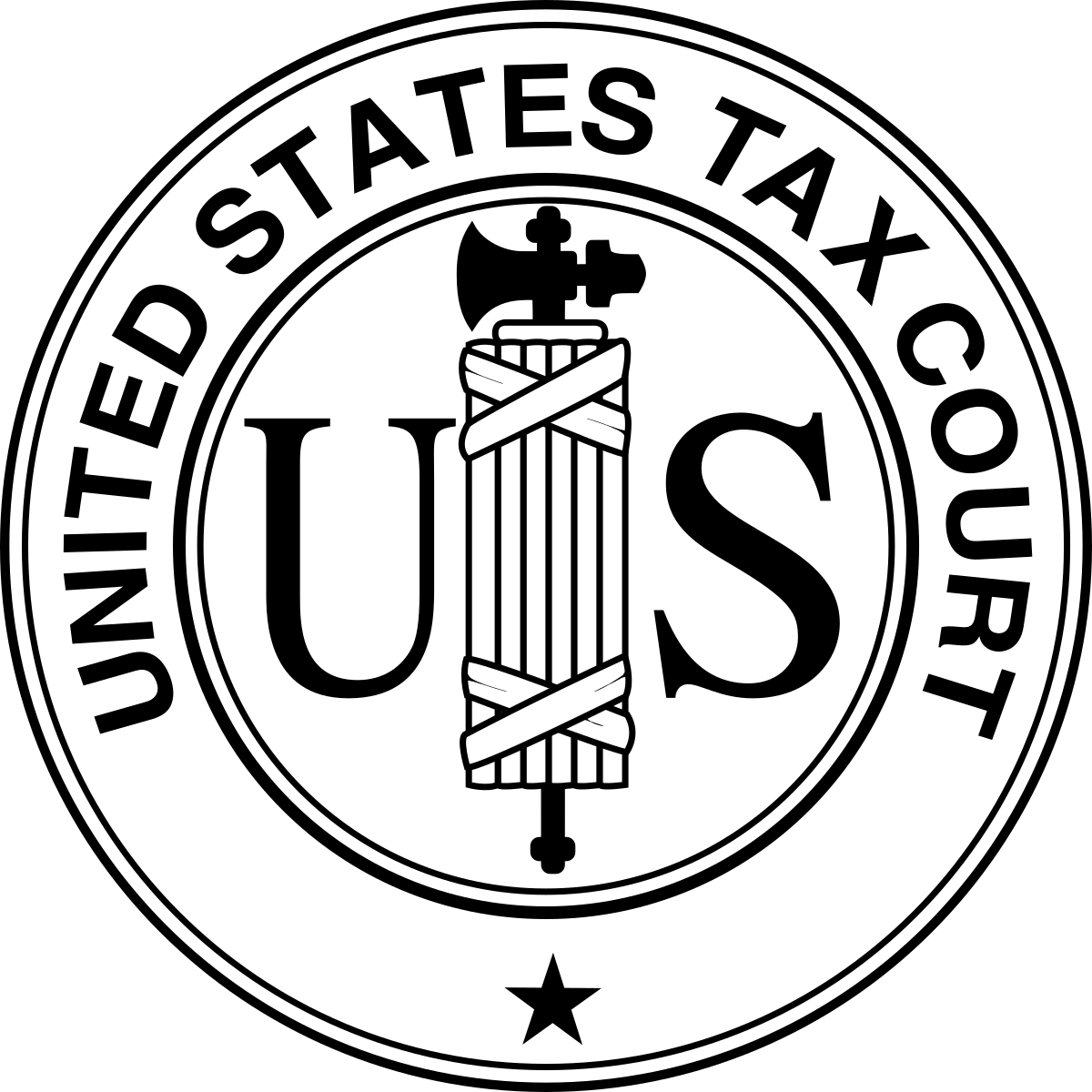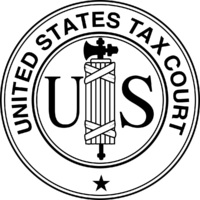Editor’s Note: This is the second piece in a two-part series delving into tax issues. Part one discussed tax code 280E as it pertains to cannabis businesses. Part two will go into research and development credits, 199A and a discussion of risk as it relates to Qualified Opportunity Zones.
While 280E is the most influential code section for the cannabis industry, structuring never happens in a vacuum. There are many open questions that each business must answer for themselves without court adjudication. We believe that among the riskiest of questions is whether a cannabis business can claim research and development credits.
There is no clear legal authority that either allows these credits or disallows them but certainly utilizing such credits comes at great risk. At the beginning of this article we talked about Congress and the purpose of 280E. Congress’s intention was to make sure that only the minimum required tax deductions were available to Schedule 1 and 2 sellers. A cannabis business receiving a research and development credit would not be with the intension of Congress. While the credits would be computed based on COGS expenditures, at this time we do not believe that a cannabis business should take this credit. Disallowance of COGS would create a constitutional challenge which is why Congress allowed the COGS deduction. Disallowance of Research and Development Credits does not open up the same constitutional issue since the credit is not part of COGS although calculated based on COGS expenditures. 280E states very clearly that credits arising from other code sections are disallowed in the entirety.
 More recently the Tax Cut and Jobs Act (TCJA) opened up new issues for cannabis companies that are still unfolding. Two of the most publicized are Qualified Opportunity Funds and Section 199A, the 20% deduction (Qualified Business Deduction).
More recently the Tax Cut and Jobs Act (TCJA) opened up new issues for cannabis companies that are still unfolding. Two of the most publicized are Qualified Opportunity Funds and Section 199A, the 20% deduction (Qualified Business Deduction).
The 199A deduction allows eligible pass-through entities to claim an additional deduction of 20% of the income (subject to certain limitations) at the individual level potentially lowering the tax rate from 37% to 29.6%. While the American Institute of Certified Public Accountants (AICPA) and others have asked the IRS to clarify if 280E would make a cannabis business ineligible, the final regulations on the subject did not address this issue. There are other significant limitations and hurdles in 199A regulations that any business would have to first pass to be considered for the rate deduction. If a cannabis business meets all other eligibility and limitation criteria, should the pass-through income to their investors be qualified income under 199A? The answer will depend on whether the courts will treat this “deduction” as falling under the general prohibition of 280E.
We believe that there is a reasonable chance that the courts will allow the 199A deduction for cannabis companies. That does not mean, however, that we advise cannabis companies to claim this on their pass-through returns as Qualified Business Income. Much like everything else, it depends on the particular business and the risk profile that management is willing to tolerate. This is one area of tax law that is sure to be challenged in court. The more risk-averse business should pass on claiming this deduction on their returns, but monitor development with an eye to amending at a later date if favorable precedent emerges. If the amounts are large enough, consideration should be given to applying for a Private Letter Ruling, but that also has its own tax risks.
 Another new tax incentive that was in the TCJA was Section 1400Z or Qualified Opportunity Zones (QOZ). The incentive allows for the deferral of capital gains until December of 2026. The use of 1400Z also results in up to a 15% decrease in capital gains tax- and tax-free appreciation if all requirements are met. While the IRS has only released proposed regulations and we anticipate significant changes to them when they are released as final, there was nothing in the proposed regulations limiting cannabis businesses from using Qualified Opportunity Funds (QOF) in their structure. It is interesting to note that the TCJA and proposed regulations did list other types of businesses that could not make investments under 1400Z along with all its benefits. Liquor stores, golf courses and sun tan parlors were among those listed but cannabis growers and dispensaries were not.
Another new tax incentive that was in the TCJA was Section 1400Z or Qualified Opportunity Zones (QOZ). The incentive allows for the deferral of capital gains until December of 2026. The use of 1400Z also results in up to a 15% decrease in capital gains tax- and tax-free appreciation if all requirements are met. While the IRS has only released proposed regulations and we anticipate significant changes to them when they are released as final, there was nothing in the proposed regulations limiting cannabis businesses from using Qualified Opportunity Funds (QOF) in their structure. It is interesting to note that the TCJA and proposed regulations did list other types of businesses that could not make investments under 1400Z along with all its benefits. Liquor stores, golf courses and sun tan parlors were among those listed but cannabis growers and dispensaries were not.
As the industry continues to mature, new issues and precedents will require CPAs and attorneys to find new solutions to best serve the industry.Using Opportunity Zones to entice investors sounds like a great opportunity, but there are significant risks. The first risk is that the proposed regulations, while currently proposed, may not be final. There is always a chance that the IRS will take a different position when the final regulations are released and add cannabis to the type of businesses that do not qualify. Another risk, and one that was previously mentioned as part of 199A and other areas of structuring, is that the IRS and the courts can always disagree with the taxpayer’s position. This is a new area of tax law and will eventually be litigated. The loss of the Opportunity Zone benefits can significantly change the return to the investors and lead to other issues.
All of these issues come into play when structuring businesses in this industry. These issues must be evaluated as they pertain to the business needs. This can be very complex and requires a great deal of research for each business opportunity. We have found that professionals operating in this industry like to know about all of their options. The most important thing we can do for the industry is to continue to educate the professionals working in it.
Accountants should be available to assist their clients and their clients’ attorneys with structuring techniques aimed at asset protection and minimizing 280E disallowances. Accountants should also be ready to speak to the questions outlined above and be prepared to explain the risks associated with each choice. As the industry continues to mature, new issues and precedents will require CPAs and attorneys to find new solutions to best serve the industry.






